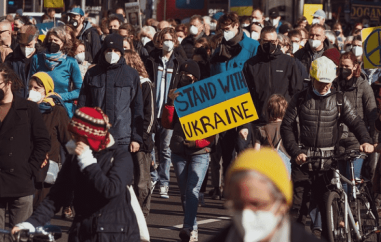VW Labor Dispute: Major Obstacles to Agreement
The ongoing labor negotiations at Volkswagen (VW) have reached a critical juncture, with significant unresolved issues as the company faces its most substantial strikes in decades. With Christmas approaching, the urgency for a resolution is palpable, but the negotiations involve complex financial and employment implications.
VW's management and the labor union, IG Metall, are currently at an impasse. Initially, IG Metall sought a 7% wage increase for over 100,000 employees, but the union has now signaled a willingness to accept a temporary wage freeze in exchange for a restructuring plan. This proposal includes the establishment of a fund to provide compensation for potential future reductions in working hours, alongside the inclusion of annual bonuses.
However, VW's management has conducted its own assessments and concluded that the union's proposals do not adequately address the company's financial challenges. Consequently, the management's strategy includes potential layoffs, the closure of production sites, and a proposed 10% salary cut for employees. Further negotiations are scheduled, and the management is expected to present its own proposal in response to the union's stance.
The discussions extend beyond mere salary adjustments, as both parties acknowledge the necessity of adapting to changing production demands. VW's leadership has indicated that past production volumes are unsustainable, prompting considerations for the closure of entire facilities. Meanwhile, the labor representatives are exploring options to keep operations viable even with reduced production levels.
These negotiations are intertwined with broader financial strategies, including a planning round that allocates over 100 billion euros in investments across various projects for the next five years. The outcome of these discussions could significantly influence which sites are selected for new model productions, and labor concessions may depend on assurances that future models will be manufactured in German facilities.
In the background of these negotiations lies the contentious issue of shareholder dividends. The leadership of IG Metall has highlighted the substantial dividends received by major shareholders, suggesting that these funds could be better allocated to support the workforce. VW's largest shareholders include the Porsche and Piëch families, who collectively hold 53% of the voting shares, followed by the state of Lower Saxony and the Emirate of Qatar.
While the union is not proposing a specific figure, it has called for a reconsideration of dividend policies in light of the current wage discussions. However, decisions regarding dividends are made independently by the board and require approval from the shareholders during their annual meetings.
Another point of contention is the management's bonuses. The union is advocating for a suspension of bonuses for executives this year, a demand that raises legal complexity as these bonuses are often governed by individual contracts. Historically, management has been resistant to such changes, complicating the negotiations further.
The dynamics within the negotiation teams are also noteworthy. The labor side is led by representatives from IG Metall, with a focus on achieving a balanced outcome that protects jobs while addressing the financial realities facing the company. However, the management team, which includes prominent figures from VW's leadership, faces pressure to deliver on cost-cutting targets, presenting a challenging environment for reaching amicable solutions.
As the negotiations continue, various stakeholders, including government representatives and labor leaders, are working to bridge the gaps between management and labor interests. The outcome of these discussions will not only impact VW's workforce but will also set a precedent for labor relations in the broader automotive industry.
In conclusion, the VW labor negotiations are emblematic of larger trends within the automotive sector, where shifting market conditions and financial pressures necessitate difficult conversations about wage adjustments, job security, and corporate governance. The coming weeks will be crucial as both sides strive for a resolution that addresses the needs of the company and its employees amidst a challenging economic landscape.










































